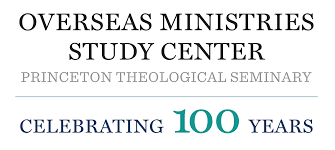2023 Asian American Theology Conference
Multiple Belongings in Transpacific Christianities
Christian Faith and Asian Migration to the US
April 28–29, 2023 • Hybrid Conference • Cooper Conference Room
2023 Asian American Theology Conference
Multiple Belongings in Transpacific Christianities
Among world religions, Christianity is a uniquely translational religion. This is evident in the movement of the Christian faith across space and time and the spread of Christianity to new communities across the world. Theologically, this migrational religion is grounded in the missio Dei and finds biblical articulation in God’s covenant with Israel and the inclusion of Gentiles through Christ by the Holy Spirit.
This conference examines the Christian faith within the ebb and flow of Asian migration to the US. How does Christian community create un/belonging for migrants experiencing dislocation, especially for those Asians in the US?
The 1965 Immigration and Nationality Act has changed the face of US society—and by extension the church in the US. Conventional wisdom thinks that as societies evolve and mature religion will matter less. However, the reality proves otherwise as we examine immigrant church life in the US. For example, what is the Spirit of Christ doing within various Asian ethnic churches in the US? How might the struggles, opportunities, and innovations within these ministry contexts expand the scripts for doing Christian theology and ministry in the 21st century? The 2023 Asian American Theology Conference on migration and Christian faith hosts a conversation on these important issues.
This hybrid gathering features scholars from different streams of Asian American Christianity to discuss how the Christian faith equips and empowers the surviving and thriving of Korean, Chinese, Taiwanese, Indian, Filipino, and Burmese religious communities in the US. To widen our horizon, we are also hosting a panel of global partners from the Overseas Ministries Studies Center to share their different experiences of un/belonging as part of the Asian diaspora beyond the context of the US. Together, we seek to advance research about migration and religion from an Asian American Christian perspective as well as equip and empower church and community leaders with contextually relevant knowledge and resources.
Watch the conference playlist:
Speakers
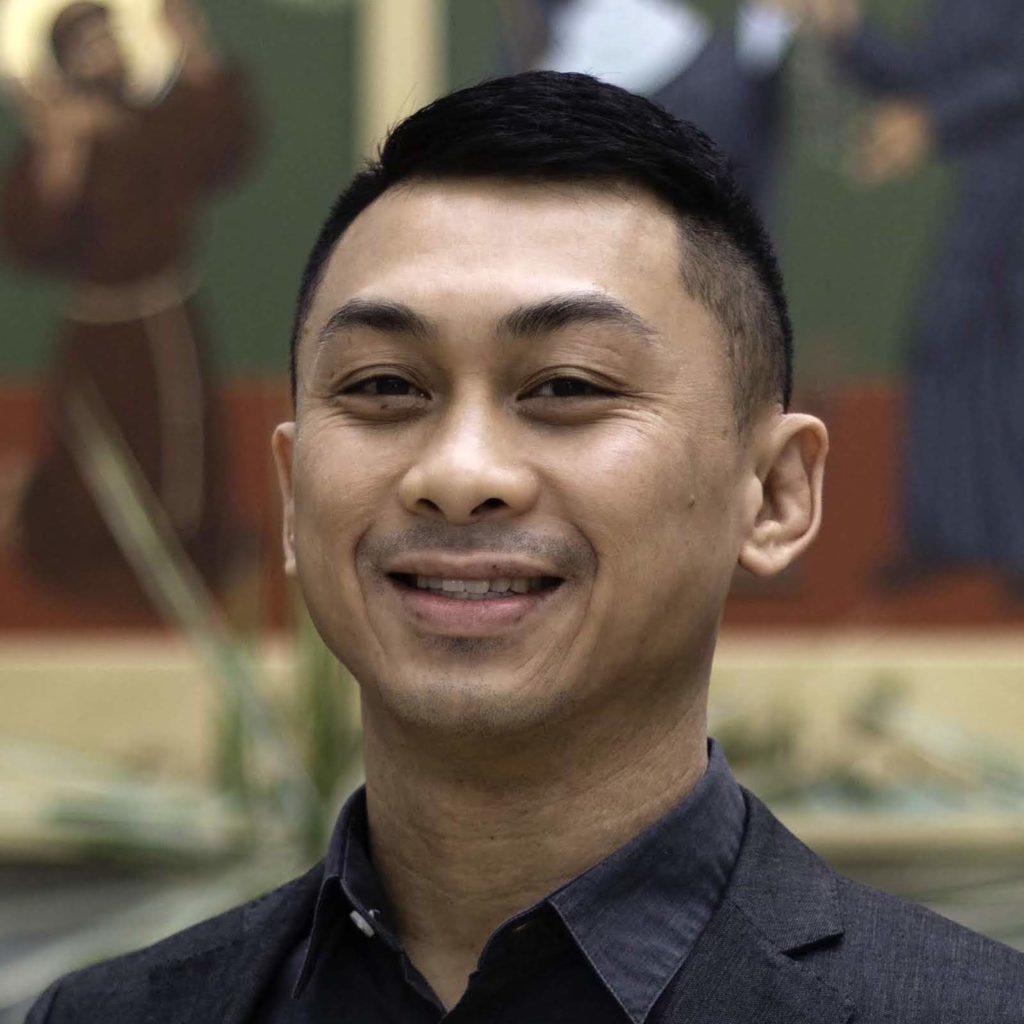
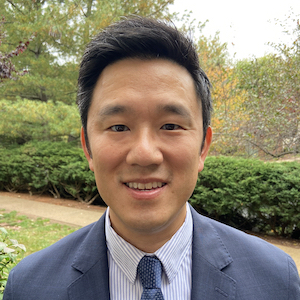
Dr. David C. Chao is director of the Center for Asian American Christianity at Princeton Theological Seminary. He teaches courses on Asian American theology and organizes academic programming in Asian American theology and ministry. His research and writing focus on Asian American theology, the uses of Christian doctrine for liberation, the convergence and divergence of Protestant and Catholic dogmatics, and the theology of Karl Barth.
His first book, titled Concursus and Concept Use in Karl Barth’s Doctrine of Providence, is under contract with Routledge. He is grant co-author and project editor for the $300,000 translation grant awarded by the National Endowment for the Humanities to the Karl Barth Translator’s Seminar. He is co-leader of a $250,000 Henry Luce grant project titled “Religiously-Inspired Asian American Coalitional Justice Work.” He is principal investigator of a Louisville Institute-funded project titled “Stories of Faith, Resilience, and Politics: First-Generation East Asian American Christians.”
Chao is a graduate of Yale University (BA), Regent College (MDiv), and Princeton Theological Seminary (ThM, PhD). He is a member of the American Academy of Religion and the Association for Asian American Studies. Chao has a wide range of pastoral experience with Chinese American, Korean American, and Pan-Asian churches and ministries and is an active member of the Presbyterian Church (USA).
Read his latest article “Evangelical or Mainline? Doctrinal Similarity and Difference in Asian American Christianity: Sketching a Social-Practical Theory of Christian Doctrine” here.
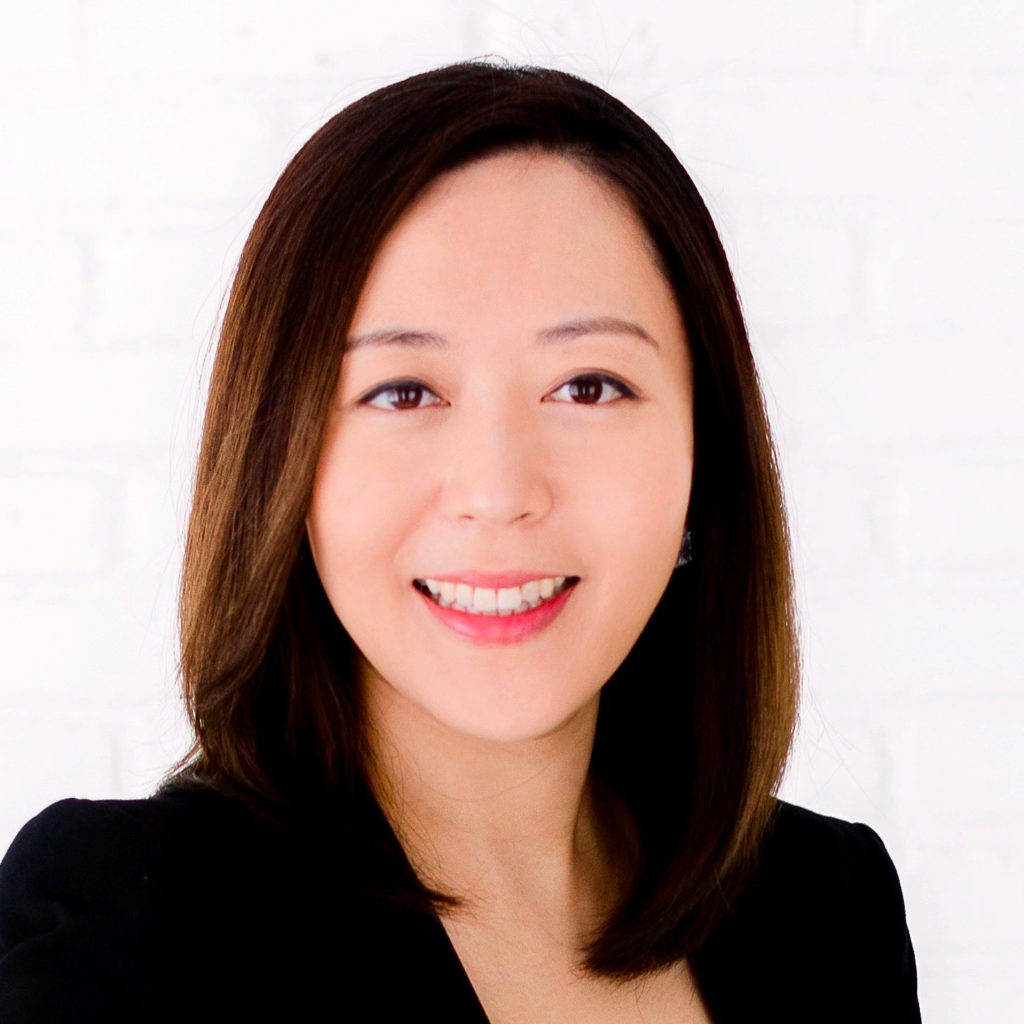
Soojin Chung is an assistant professor of practical theology and director of general education under the office of the provost at Azusa Pacific University. She is the author of Adopting for God: The Mission to Change America through Transnational Adoption (New York University Press, 2021) and has published articles and book chapters in various journals and edited volumes. She is the Associate Editor of the journal Missiology: An International Review and serves as the panelist of Humanities Initiatives of the National Endowment for the Humanities (NEH). She is the principal investigator of the Hispanic Serving Institution Grant and Vocation Academy Grant funded by NEH and the Council of Independent Colleges.
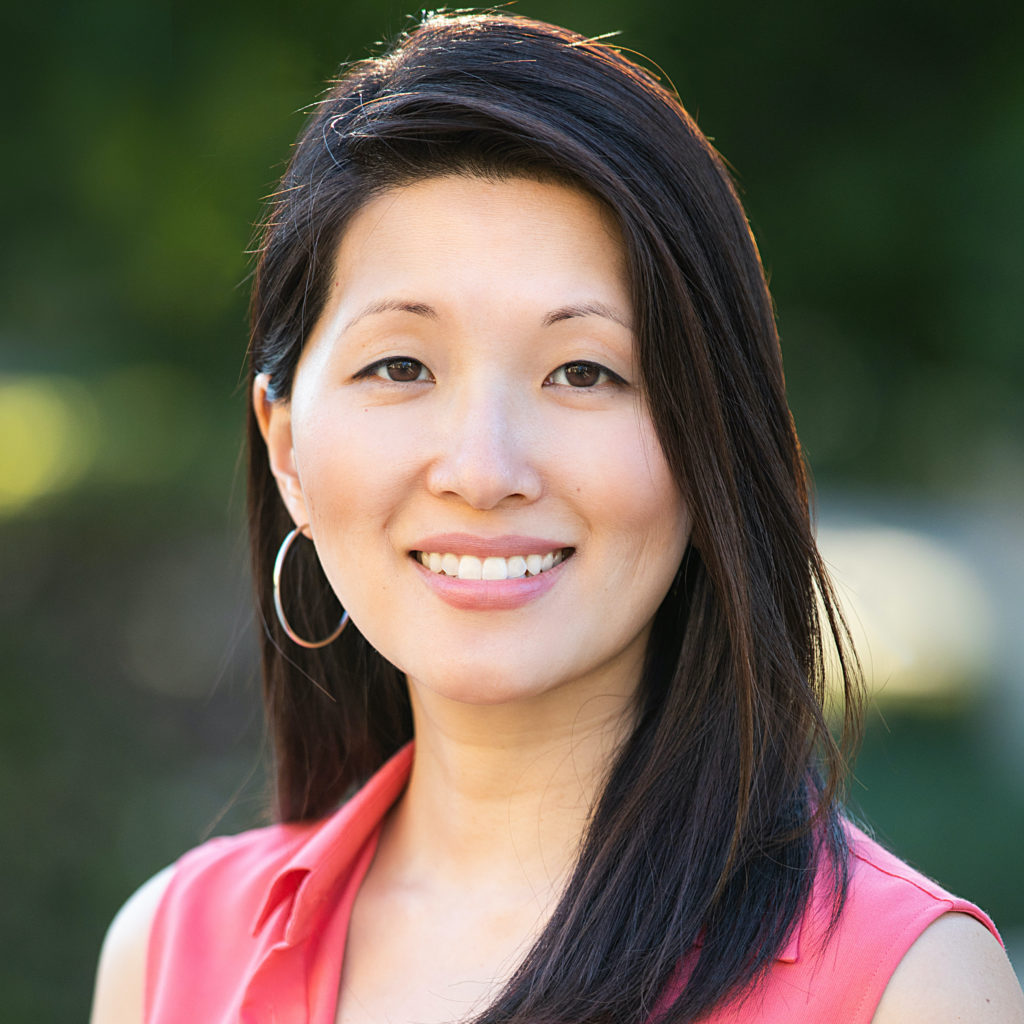
Jane Hong is associate professor of history at Occidental College and the author of Opening the Gates to Asia: A Transpacific History of How America Repealed Asian Exclusion (University of North Carolina Press, 2019). A public-facing historian, she appears in the PBS docuseries Asian Americans (2020), has consulted for television programs including Finding Your Roots with Henry Louis Gates, Jr., and has penned op-eds for the Washington Post and the Los Angeles Times. An active public speaker, Hong has shared her expertise with the Brookings Institution, Uber, and NPR’s The Takeaway, in addition to academic and faith-based venues. Her current book project, under contract with Oxford University Press, explores how post-1965 Asian migration has changed U.S. evangelical institutions and politics. Hong serves on the editorial board of the Journal of American History. She received her Ph.D. from Harvard and her B.A. from Yale.
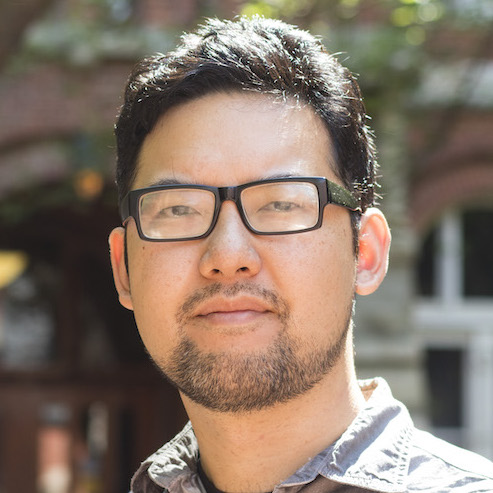
Easten’s research focuses on lived theology, religious pluralism, and public life in the context of contemporary China. For his dissertation, he is examining how Chinese Christian identity is negotiated and expressed in everyday life via qualitative sociological methods. He intends to use this data to inform an interreligious public theology for the Chinese context.
Previously, Easten taught intercultural relations at American University’s School of International Service in Washington, D.C., and Anhui Normal University in Wuhu, Anhui Province, China. In addition to teaching, Easten has also provided training, lectures, and curriculum design in intercultural communication with a variety of faith communities and NGOs in the D.C. area and China, including the United Methodist General Commission on Race and Society, Mercy Corps, and local Chinese NGOs responding to the Sichuan earthquake that struck southwest China in 2008.
Some of his previous work includes projects in critical pedagogy and intercultural communication for global citizenship, community-based research methods for urban ministry, and curricular frameworks for integrating inter-religious dialogue and Christian ministry.
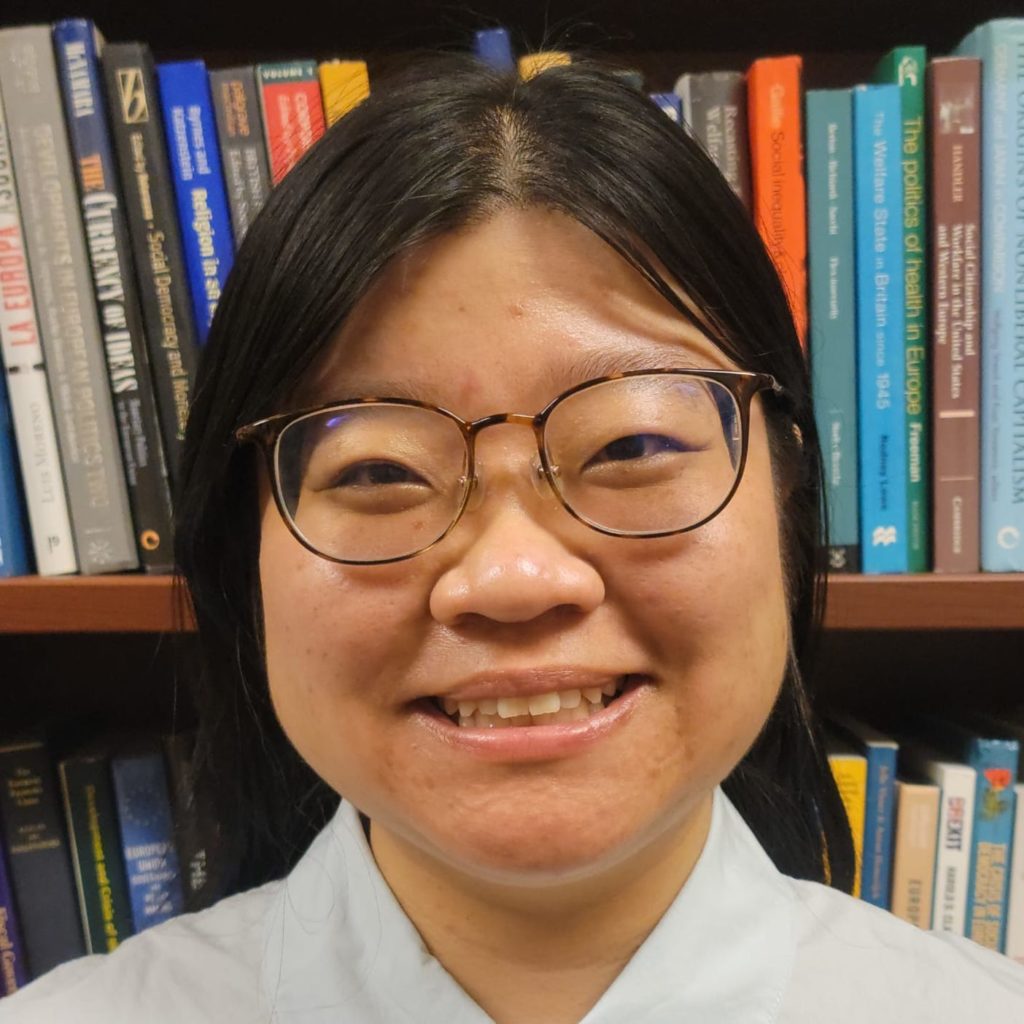
Shirley Lung is currently a Visiting Assistant Professor of Sociology at the University of Colorado, Colorado Springs and an incoming Assistant Professor in the Department of Sociology and Criminology at the University of Denver. She received her PhD in sociology from the Johns Hopkins University. Her current research is on transnational Taiwanese Protestant networks between the United States and Taiwan, focusing on the relationships among three Taiwanese-in-name church organizations. She studies Taiwanese ethnic identity formation within this transnational organizational field. Her work has been funded by the Global Religion Research Initiative at the University of Notre Dame, the Louisville Institute, and the Taiwan Ministry of Foreign Affairs among others. She has published in Religions.
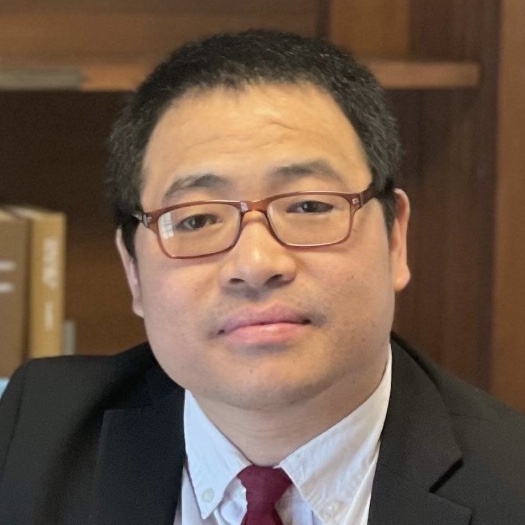
Dr. David Moe is Henry H. Rice Postdoctoral Associate in Southeast Asian Studies at Yale University. At Yale, he teaches some courses on “religion, conflict, and reconciliation in Southeast Asia,” and “colonialism, nationalism, and identity in Myanmar.” He is the author of one book, over 70 scholarly articles, and is currently working on a book project about the politics of Buddhist nationalism, ethnic conflict, and reconciliation in Southeast Asia. The goal of his scholarship is to engage with three different communities—grassroot church, academy, and public society. He is a public featured speaker about Myanmar at Yale, Harvard, Columbia, Brown, Stanford, Oxford, Cambridge, Boston University, Boston College, New York University, George Washington University, Eastern Kentucky University, Toronto, Australian National University, Whitley College, Hamburg, National University of Singapore, Chinese University of Hong Kong, Yonsei, Ewha, and some ecclesial and public settings. He is on the editorial team of four journals—International Journal of Public Theology; Journal of Southeast Asian Movement at Yale; Interreligious Studies and Intercultural Theology; and Asian American Theological Forum.
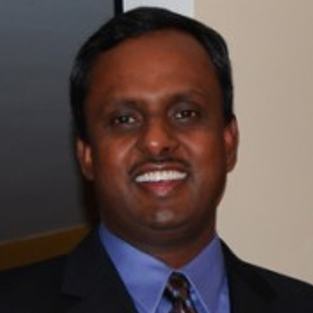
Kamalesh Stephen is pastor of the Asian Indian Christian Church in Berkeley Heights, NJ since 2015. His dissertation explored the importance of context in preaching focusing on the preaching practices of pastoral leadership in the Asian Indian immigrant church. He is an ordained minister of the Church of South India and has a standing with the United Church of Christ. His pastoral journey started in 1996 at Grace Trinity United Church of Christ in Philadelphia ministering to immigrant families both first- and second-generation Indians. He received his Ph.D. from Princeton Theological Seminary and M.Div. from Eastern Baptist Theological Seminary (now Palmer Theological Seminary).
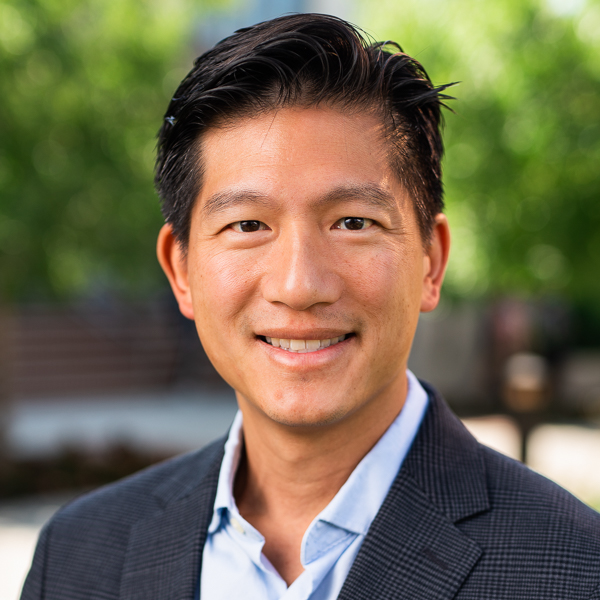
Steering Committee

Dr. David C. Chao is director of the Center for Asian American Christianity at Princeton Theological Seminary. He teaches courses on Asian American theology and organizes academic programming in Asian American theology and ministry. His research and writing focus on Asian American theology, the uses of Christian doctrine for liberation, the convergence and divergence of Protestant and Catholic dogmatics, and the theology of Karl Barth.
His first book, titled Concursus and Concept Use in Karl Barth’s Doctrine of Providence, is under contract with Routledge. He is grant co-author and project editor for the $300,000 translation grant awarded by the National Endowment for the Humanities to the Karl Barth Translator’s Seminar. He is co-leader of a $250,000 Henry Luce grant project titled “Religiously-Inspired Asian American Coalitional Justice Work.” He is principal investigator of a Louisville Institute-funded project titled “Stories of Faith, Resilience, and Politics: First-Generation East Asian American Christians.”
Chao is a graduate of Yale University (BA), Regent College (MDiv), and Princeton Theological Seminary (ThM, PhD). He is a member of the American Academy of Religion and the Association for Asian American Studies. Chao has a wide range of pastoral experience with Chinese American, Korean American, and Pan-Asian churches and ministries and is an active member of the Presbyterian Church (USA).
Read his latest article “Evangelical or Mainline? Doctrinal Similarity and Difference in Asian American Christianity: Sketching a Social-Practical Theory of Christian Doctrine” here.

Easten’s research focuses on lived theology, religious pluralism, and public life in the context of contemporary China. For his dissertation, he is examining how Chinese Christian identity is negotiated and expressed in everyday life via qualitative sociological methods. He intends to use this data to inform an interreligious public theology for the Chinese context.
Previously, Easten taught intercultural relations at American University’s School of International Service in Washington, D.C., and Anhui Normal University in Wuhu, Anhui Province, China. In addition to teaching, Easten has also provided training, lectures, and curriculum design in intercultural communication with a variety of faith communities and NGOs in the D.C. area and China, including the United Methodist General Commission on Race and Society, Mercy Corps, and local Chinese NGOs responding to the Sichuan earthquake that struck southwest China in 2008.
Some of his previous work includes projects in critical pedagogy and intercultural communication for global citizenship, community-based research methods for urban ministry, and curricular frameworks for integrating inter-religious dialogue and Christian ministry.
Attend the Conference Virtually
Attend Lectures in Person at Princeton Theological Seminary
Location: Cooper Conference Room, Erdman Center, 20 Library Pl, Princeton, NJ 08540
Registration is closed for this event.
Attend Lectures and Meals at Princeton Theological Seminary
Opt in for continental brunch (10:00–11:00 / 10:30–11:30) and dinner (5:30–6:30) for $25 per day.
Location: Cooper Conference Room, Erdman Center, 20 Library Pl, Princeton, NJ 08540
Registration is closed for this option.
Schedule
All times are Eastern Time.
Most speakers will present remotely. The in-person gathering, hosted by David Chao and Easten Law, will be in the Cooper Room, Erdman Center, Princeton, NJ.
Friday, April 28, 2023
Time (ET)
Session
Presenter(s)
10:00–11:00AM
Continental Breakfast (in-person participants)
11:00–11:30AM
Opening Remarks
Dr. David C. Chao
11:30AM–12:15PM
How Post-1965 Migration Changed US Christianity
The 1965 Immigration Act transformed the demographics of US migration, flipping new arrivals from up to 90% European to majority Asian and Latine/x. The law greatly diversified Asian America, as skilled migrants and their families arriving under the 1965 law joined refugees fleeing Southeast Asia after 1975. Post-1965 Asian America, unlike earlier communities shaped by restrictive nation-based quotas and racial exclusion, encompassed several dozen nationality groups and ethnicities, languages, and creeds. Framed broadly, the new Asian migrants remade historically white Christian institutions and organizations, challenging normative categories and assumptions about Christian faith and practice. Within Asian America, new migration multiplied and rejuvenated ethnic churches even as it raised new questions about what the future of these churches would look like across differences of generation, language, and theology.
Dr. Jane Hong
12:15–12:30PM
Social Lounge / Snack Break
12:30–1:15PM
The Hidden Stories of Burmese American Christianity: Understanding their Imagination of Religious, Ethnic, and Ecclesial Identities
Burmese immigrants are relatively recent arrivals to the US. Their stories are hidden and are not widely mentioned in the academic discourses about Asian American Christianity and theology. Using an integrative methodology of ethnographic interviews and literature, I will explore the hidden and lived stories of Burmese American Christians and their imagination of religious, ethnic, and ecclesial identities. Particular attention will be paid to the grassroots ethnic minority Christians, such as Chin, Kachin, Karen, Lisu, and other minority groups. We will consider questions such as, “How do they imagine their religious, ethnic, and ecclesial identities?,” “Do they share a united or conflictual imagination of their identities?,” and “How do they relate their faith to American politics and Christian nationalism?” This paper reimagines a migrational theology of Burmese religious, ethnic, and ecclesial identities that embody God’s trinitrian mission with the multicultural context of the US.
Dr. David Moe
1:15–1:30PM
Social Lounge / Snack Break
1:30–2:15PM
Multiple Un-Belongings: Filipino American Theology and the Problem of Home
After centuries of colonial violence, Filipino American identity and Christianity are characterized by experiences of un-belonging. This un-belonging manifests in ways that are pastorally and ecclesially significant, as US Filipinos negotiate Christian faith with increasing distance from the Philippines itself. To theologize and minister with Filipino American churches, then, is to labor in “home construction,” as the idea of home is continuously contested and reconceived.
Rev. Dr. Gabriel J. Catanus
2:15–2:30PM
Social Lounge / Snack Break
2:30–3:15PM
Taiwanese Churches in Diaspora and Ethnic Identity Formation
Using ethnographic and interview data, this presentation explains Taiwanese ethnic identity formation in the United States and its endurance in the Taiwanese Christian and greater immigrant community. I argue that formative homeland events during periods of peak migration define and carve out ethnic boundaries, creating a time capsule-like effect for immigrants. For Taiwanese immigrants to the United States, peak migration between the 1960s and 1980s meant that dominant martial law era ethnic boundaries were transplanted from Taiwan to the wider community of “Sinophone” or sinetic language-speaking Christians. Today, the time capsule effect persists, and those ethnic boundaries continue to shape social relations within the same transnational Taiwanese Christian networks.
Dr. Shirley Lung
3:15–3:30PM
Social Lounge / Snack Break
3:30–4:15PM
Framing Asian American Discipleship Across Generations: Displacement, Migration, and Belonging in China and America
Christian discipleship is defined as the deepening of one’s relationship with Christ and draws from biblical teachings in the context of a church community. This conception is true but inadequate. Discipleship programs generally exclude explicit engagement with the complexities of cultural heritage, family belonging, and migration that characterize Asian American experiences. Utilizing principles of lived theology, this presentation takes the arc of the biblical narrative as a foundation to imagine an expanded vision for Christian discipleship. This expanded account takes the multi-generational and multicultural stories of Asian American families as a fundamental starting point rather than a peripheral concern. The presentation will use the speaker’s own personal and family stories of migration across China, Taiwan, and the United States as a case study.
Dr. Easten Law
4:15–5:00PM
Panel Discussion
5:30–6:30PM
Dinner (in-person participants)
Saturday, April 29, 2023
Time (ET)
Session
Presenter(s)
10:30–11:15AM
Continental Breakfast (in-person participants)
11:15–11:30AM
Opening Remarks
Dr. Easten Law
11:30AM–12:15PM
Panel Discussion with OMSC Global Partners: Multiple Belongings in Asian Christianities
This panel brings together some of OMSC@PTS’s current global partners (church leaders and scholars from across the Asia Pacific) to discuss how Christian faith informs and shapes their multiple belongings with and beyond the context of the United States. These voices from China, South Korea, Indonesia, Myanmar, and India live out their faith in service across many boundaries of nations, ethnicities, cultures, religious traditions, and more. This panel will provide Asian American Christians a window into how persons of Asian heritage negotiate faith and belonging in other parts of the world and a mirror for reflecting on the role Asian American Christians might play in the greater context of the world church.
Farsijana Adeney-Risakotta
Lal Biak Chhuangi
Chaijung Lim
Sharath Sowseeya Mesa
Xiaoli Yang
12:15–12:30PM
Social Lounge / Snack Break
12:30–1:15PM
The 1517 Project and the Spirit of Post-Christendom Christianity: Migration and Formations of Asian American Christian Consciousness
In 1517, Martin Luther initiated the Protestant Reformation and continued a “Christendom Project” to christianize European society. Less recognized, however, is the missio Dei and the Spirit of Christ moving across space since ancient times outside of Anglo-European languages and cultures. I dub the latter development “Post-Christendom Christianity.” Fast forward to the modern US context when the 1965 Immigration and Nationality Act substantially repealed Chinese exclusion and simultaneously changed the face of US society. By extension, 1965 ushered in post-Christendom forms of Christianity from the majority world to the US. Rather than thinking in terms of Anglo-European formations of faith, which have naturalized doctrinal difference and similarity through various culture wars, US discourses about Christianity need new wineskins that make explicit the varying social formations of migrational Christianity from the majority world. I present a threefold formation of Asian American Christian consciousness as a post-Christendom way to understand the interplay of doctrine, practical reasoning, and identity formation.
Dr. David C. Chao
1:15–1:30PM
Social Lounge / Snack Break
1:30–2:15PM
Exiled Aliens: Korean American Christianity as the Basis of Liberation and Belonging
When the first wave of Korean immigrants came to the United States from 1903 to 1949, they experienced multiple layers of marginality. Many had escaped the tumultuous political landscape in Korea as exiles during Japanese colonial rule. Simultaneously, the US government and American society deemed Asians unassimilable aliens unfit for membership in the US. For these “exiled aliens,” Christianity functioned as a source of liberation, democracy, and belonging. In this talk, we will examine Christianity’s role in the Korean independence movement and how today’s immigrant churches may reclaim their prophetic role in our society and culture. We will explore the story of Moses and how the deconstruction of his identity led to his sense of liberation and belonging, providing a precondition for his ministry. Just as Moses experienced quadruple displacement, Korean immigrant churches navigated liminal spaces as Christians, immigrants, and exiles.
Dr. Soojin Chung
2:15–2:30PM
Social Lounge / Snack Break
2:30–3:15PM
Migration and Multiple Forms of Asian Indian Christian Belonging in the US
Migration is changing and revitalizing the religious and cultural landscape of the US. The mushrooming of places of worship by and for immigrants of every religious persuasion stands as an example of such a seismic change. The change of the US immigration laws in 1965 made it possible for Asian Indians to arrive in large numbers. Ethnic Asian Indian congregations formed by first-generation immigrants tried to recreate the worship experience of their home to find stability amid their disruptive and unsettling immigration experience. The second generation, who are born and raised in diasporic context, find the liturgy, worship, and preaching of first generation churches less suitable for their own spiritual experience and growth. The ongoing migration of Asian Indians to the US in parallel with the continued growth of the second generation results in a persistent tension between first and second generations as both generations seek fidelity to God with expressions of faith and worship that make sense for them.
Rev. Dr. Kamalesh Stephen
3:15–3:30PM
Social Lounge / Snack Break
3:30–4:15PM
Christianity as Mediator between Chinese and Chinese American Migration: Vertical and Horizontal Dimensions of Belonging
What does it mean to have an authentically Chinese perspective on life and the world? It is well-attested that many second-generation Chinese Americans take issue with their parents’ first-generation Chinese perspectives, and vice-versa. Although this can be attributable to age (e.g. 20th century vs. 21st century), and immigration (values of the “Old World” vs. the “New World”), it is also a function of the fact that the American categories of left, right, and center do not neatly fit within Chinese/Taiwanese political and cultural perspectives. This is where it becomes very confusing. How do we navigate and overcome these conflicting realities which are generational, cultural, and political in nature? Christianity offers some natural bridges with traditional Chinese culture, such as their mutual agreement on filial piety, honor/shame, and collectivism, as well as with Chinese American migrational reality of “strangers in exile.” Rather than simply a horizontal axis of “left” and “right,” a better spectrum would be a quadrant with horizontal and vertical axes reflecting not just politics but also generation/culture.
Dr. Allen Yeh
4:15–5:00PM
Panel Discussion
5:30–6:30PM
Dinner (in-person participants)
Center for Asian American Christianity
The Center for Asian American Christianity at Princeton Theological Seminary comes at a critical time in the life of Asian America. Asian Americans are the fastest-growing racial-ethnic demographic in the United States. The COVID-19 pandemic has revealed the persistence of anti-Asian racism. Moreover, minority and immigrant churches are poised to transform the face of Christianity in the United States in the next few decades. The Center for Asian American Christianity seeks to equip and empower the next generation of Asian American leaders for service in church, society, and academy.
Princeton Theological Seminary has been a leading voice in Asian American theology and ministry through the work of Professor Emeritus Sang Hyun Lee, the Center for Asian American Christianity, and the establishment of the Kyung-Chik Han Chair of Asian American Theology.
Overseas Ministries Study Center
The Overseas Ministries Study Center at Princeton Theological Seminary (OMSC@PTS) is a research and training center that engages in God’s mission by amplifying the voices of the world Christian movement.
Our 100 year legacy of hospitality, ministry, and research in Mission Studies and World Christianity is exemplified by our longstanding Residential Study Program for church leaders and scholars from around the world, the publication of the International Bulletin of Mission Research, and our Artist-in-Residence program. As we envision the next 100 years, OMSC@PTS is embracing new roles for the future as a convenor of ecumenical, missional, and multi-disciplinary conversations, a pioneer in digital learning through online courses and learning modules, and a platform that supports the next generation of world Christian scholars through our research grants and translation initiatives.
We invite all parts of the world church to join us in this pilgrimage of worship, witness, and wonder.




